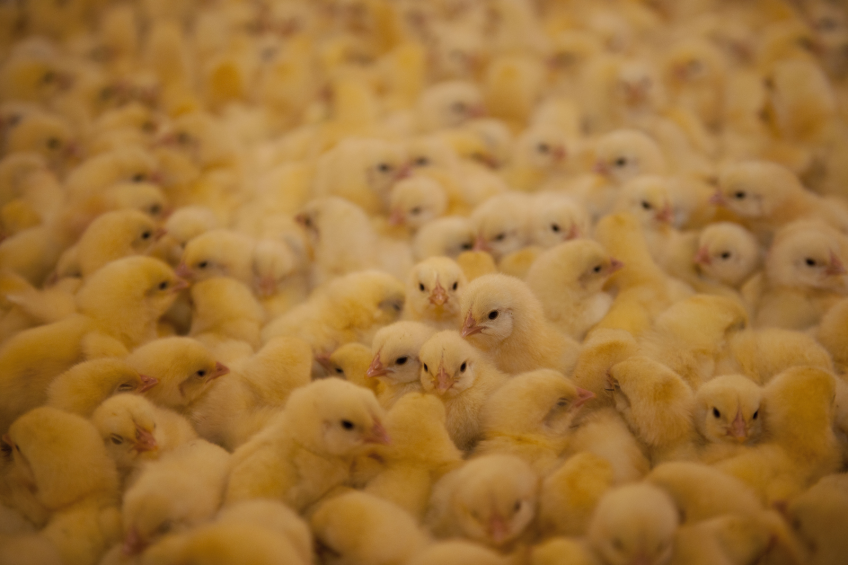US prepares for AI fall back by stockpiling vaccines

In preparation for a potential recurrence of HPAI this autumn, the USDA’s Animal and Plant Health Inspection Service (APHIS) is examining the potential use of vaccines to help prevent illness in birds and interrupt the spread of the disease.
The government body has announced two actions related to vaccine use: the issuance of a request for proposals for vaccine doses to equip the National Veterinary Stockpile, and notification that APHIS will publish an environmental assessment evaluating the potential environmental impacts of using vaccine in the event of an HPAI outbreak.
Vaccine for the Eurasian H5 virus strain
While APHIS has as yet not approved the use of vaccine to respond to HPAI, the agency is preparing to ensure that a vaccine is available should the decision be made to use it. APHIS is seeking to create a stockpile of vaccine for the Eurasian H5 (EA H5) virus strain that circulated in domestic poultry earlier this year.
APHIS has issued a request for proposals for vaccine manufacturers with the interest and capability to supply a variety of EA H5 vaccines in sufficient numbers to establish the emergency stockpile.
Efficacy to be evaluated
Vaccines will be carefully evaluated on a number of factors including their efficacy against EA H5 viruses, and products must meet all of APHIS’ safety, potency, and purity standards. All eligible products to be considered must be either conditionally or fully licensed or permitted at the time of submission.
Vaccine manufacturers will be evaluated on their ability to produce such vaccines in a timely manner in adequate numbers to meet the needs of the response.
Impacts of HPAI vaccine in the field
In the coming weeks, APHIS will also publish an environmental assessment that examines the impacts of using HPAI vaccine in the field during an outbreak response. This assessment will look at two alternatives: approving vaccine use targeting EA H5 viruses or taking no action. Once published, the EA will have a 30-day public comment period.
Earlier this year the highly pathogenic avian influenza (HPAI) virus affected more than 48 million birds at over 200 poultry facilities.













